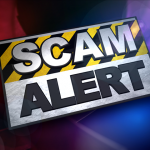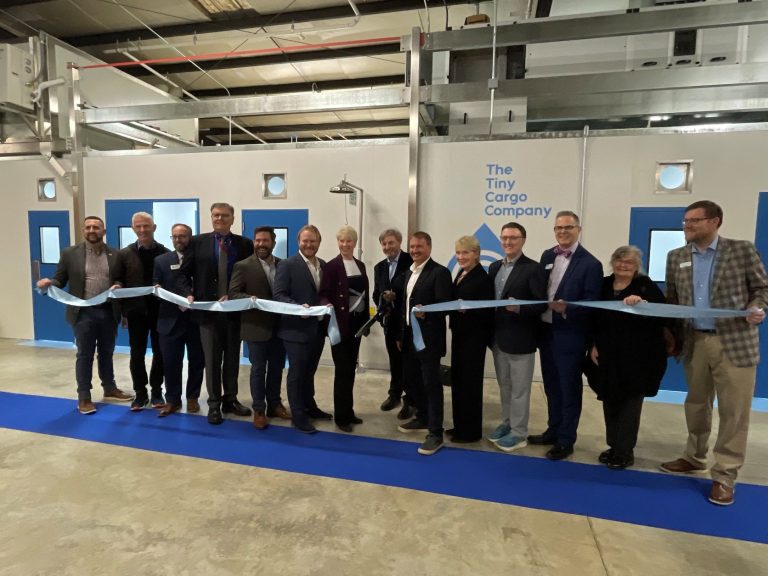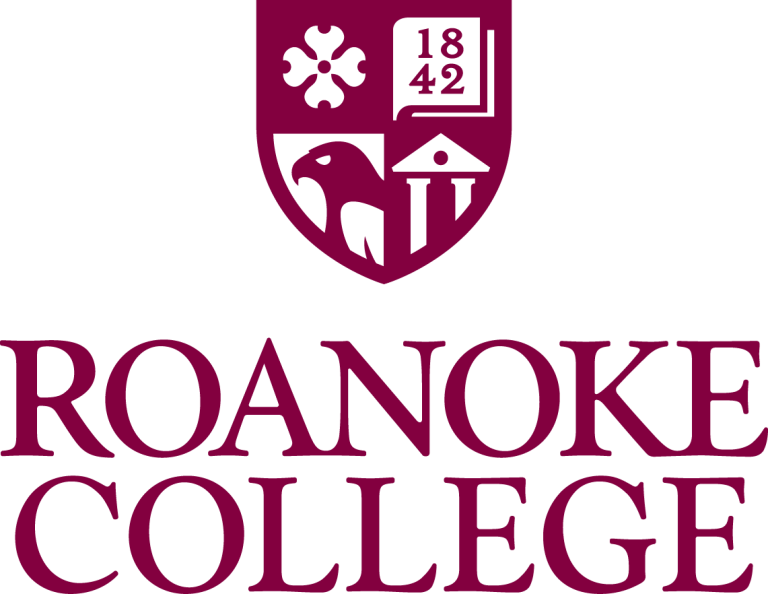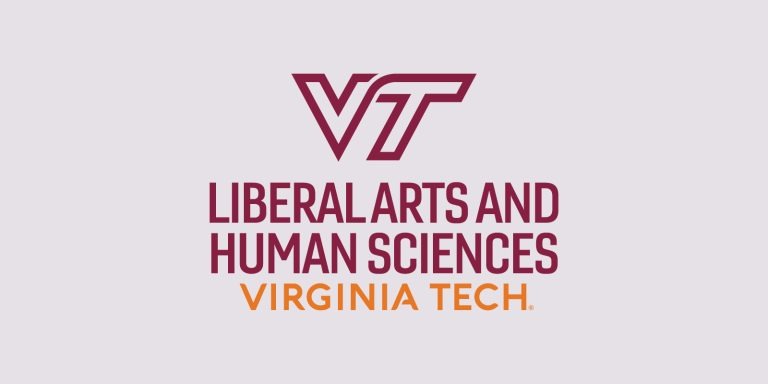 A familiar scam has returned to the region involving fake calls from the power company asking for payment and personal information. The Better Business Bureau of Western Virginia wants to alert Appalachian Power customers on how to distinguish legitimate calls from the scam ones. More from WFIR’s Craig Wright:
A familiar scam has returned to the region involving fake calls from the power company asking for payment and personal information. The Better Business Bureau of Western Virginia wants to alert Appalachian Power customers on how to distinguish legitimate calls from the scam ones. More from WFIR’s Craig Wright:
NEWS RELEASE: Roanoke, Virginia (December 10, 2019) A scam that moved into the region earlier this year has returned to the area. Bureau Better Business Serving Western Virginia (BBB) warns Appalachian Power (AEP) customers to be careful of utility phone scams. BBB offers these helpful tips on how to avoid falling victim to utility scams.
Reports from BBB Scam Tracker have indicated a significant influx of scammers are calling AEP consumers in the area and telling them that they are behind on payments. The scammers use hostile tactics, threatening to shut off power in 30 minutes if they are not paid immediately. Collection agent con artists leave a 1-800 call-back phone number for victims to give personal and banking information. Earlier versions of the scam have offered to take payment in person and have used the same recorded welcome message used by the legitimate AEP customer service line.
Utility company imposters will typically reach you with a telephone call but can also knock on your door claiming to be a representative from the local water, electric, or gas company. Scammers use a variety of other tricks to prey on utility customers. A “representative” may appear at your door in a plausible work uniform claiming that the electric meter is not working properly and must be immediately replaced— at your expense. In a particularly alarming form of this con, the scammer may gain access to your home to perform “repairs” or an “energy audit” with the intent of stealing your valuables. These cons may also involve promises of energy discounts with the aim of taking your money, personal information, or possibly the account details needed to switch you to another utility provider without your consent (an illegal practice known as “slamming”).
According to AEP’s website, the company may contact consumers over the phone, but it will never demand immediate payment. The organization will always allow 24 hours to make payment arrangements before disconnection of service.
“A legitimate company will not demand payment over the phone accompanied by threats,” says Julie Wheeler, President and CEO of BBB Serving Western Virginia. “Never blindly use a number supplied by a caller. Scammers have become more sophisticated in their methods to fool their victims into believing they are legitimate. Use a verified number to call the company to check the status of your account.”
Here are Some BBB Tips on How to Avoid Utility Scams & Similar Scams:
- Confirm that you are speaking to a utility representative. If you have any concerns, tell the caller that you will independently check the phone number for the utility company to verify the caller’s identity and information. The toll-free number for Virginia AEP consumers is 1-800-956-4237.
- Be wary of anyone demanding immediate payment or payment in forms that are difficult to trace, such as Western Union, MoneyGram, or GreenDot MoneyPak cash cards, & gift cards.
- Never give personal or bank information such as your credit card, debit card, Social Security, ATM, checking or savings account numbers to anyone who comes to your home, calls, or sends an email requesting information.
- Never allow anyone claiming to be a utility service person into your home unless you have scheduled an appointment and the person has proper identification. Contact the police if you become concerned about your safety. Utility company employees are happy to show an employee ID.
If you believe be a victim of a scam, contact your utility company, or call BBB at (800) 533-5501.



